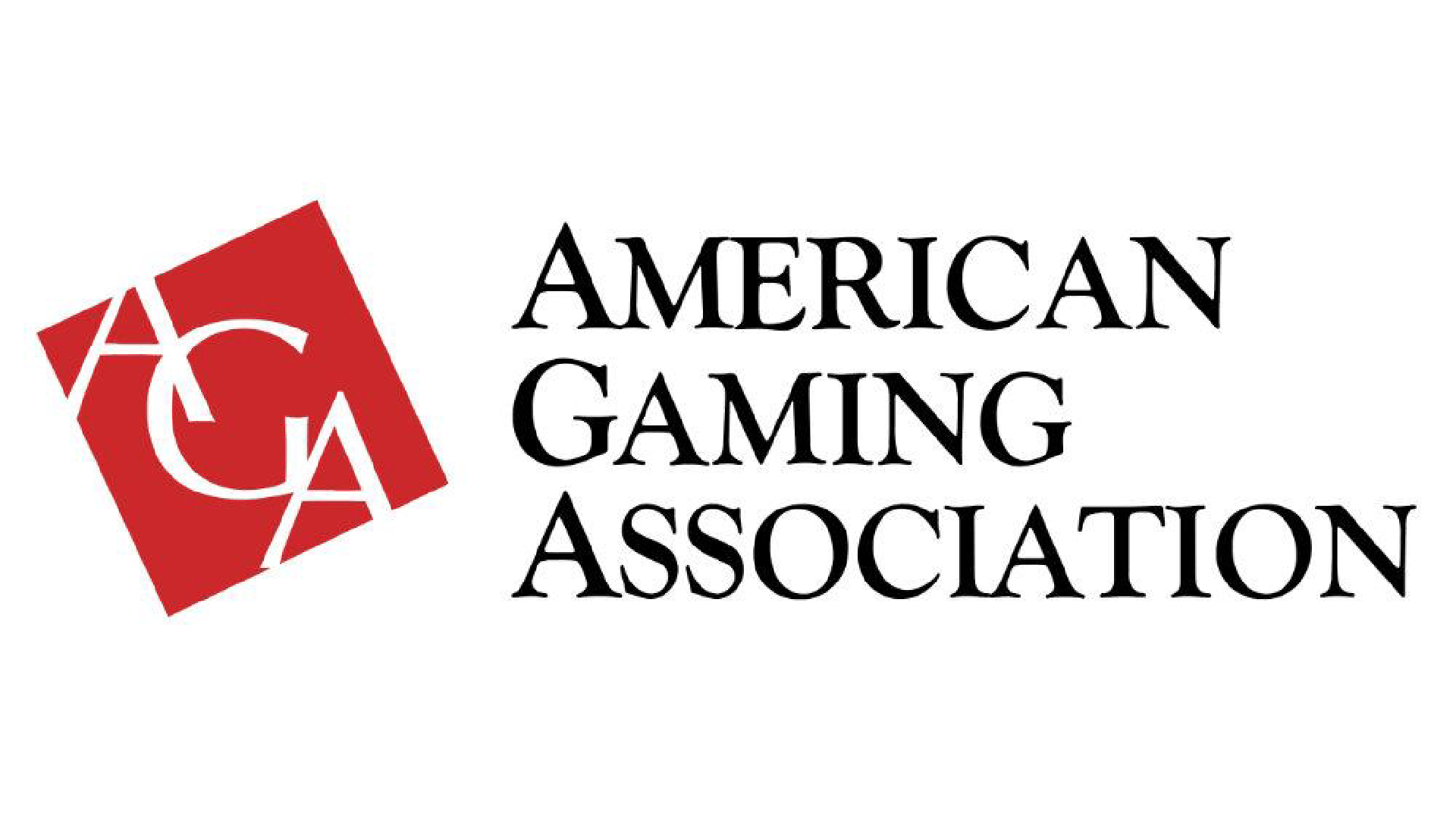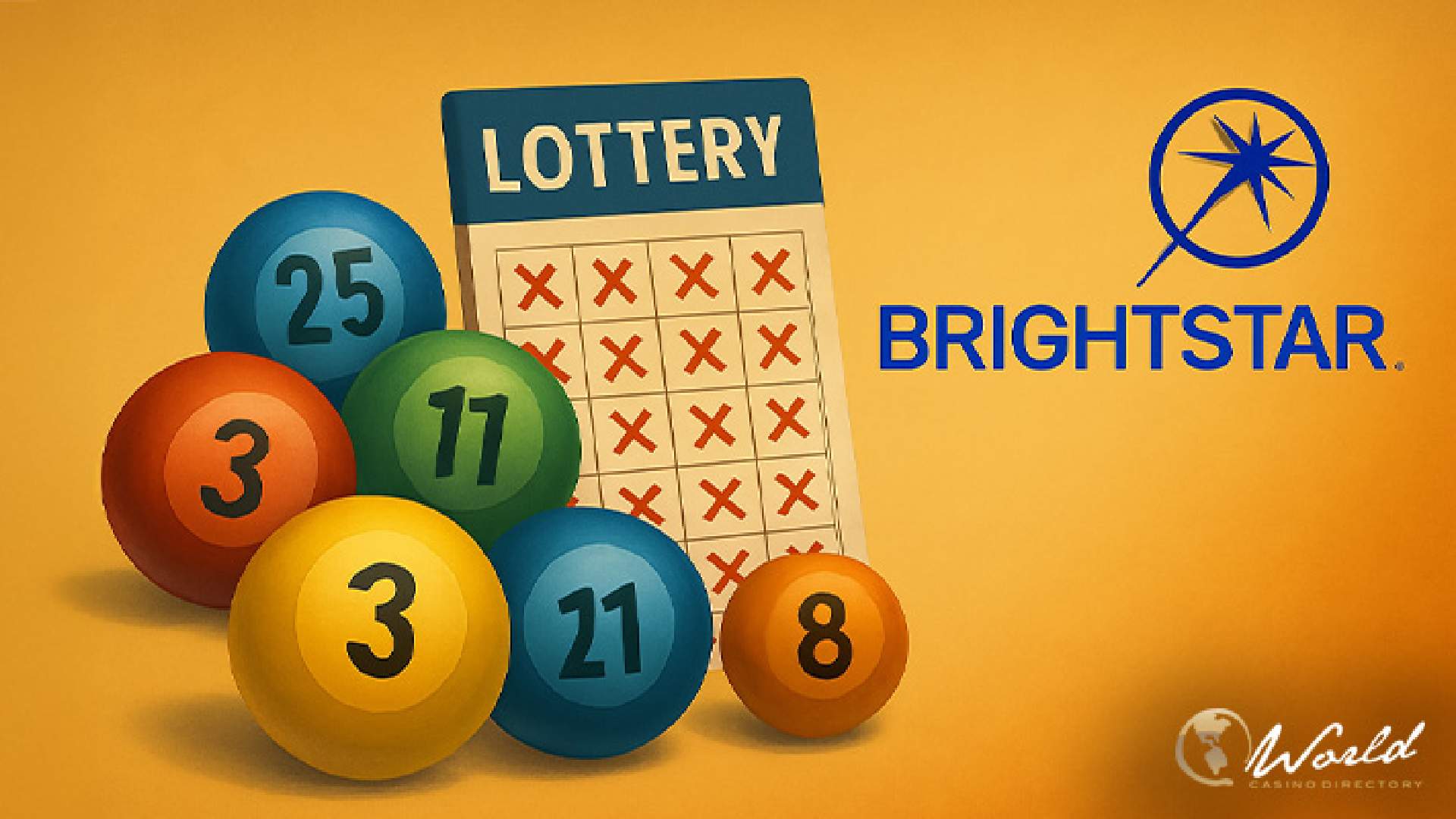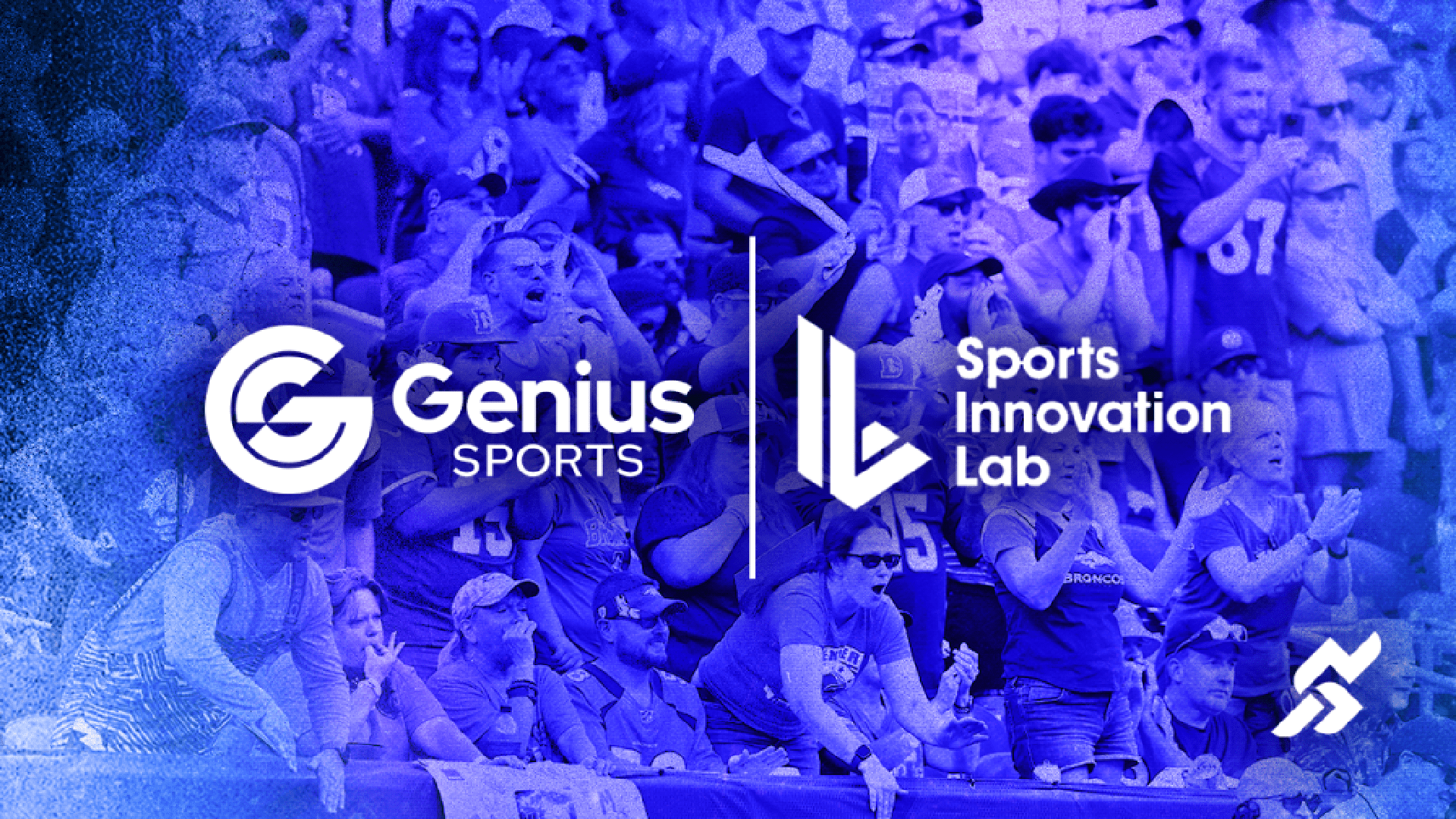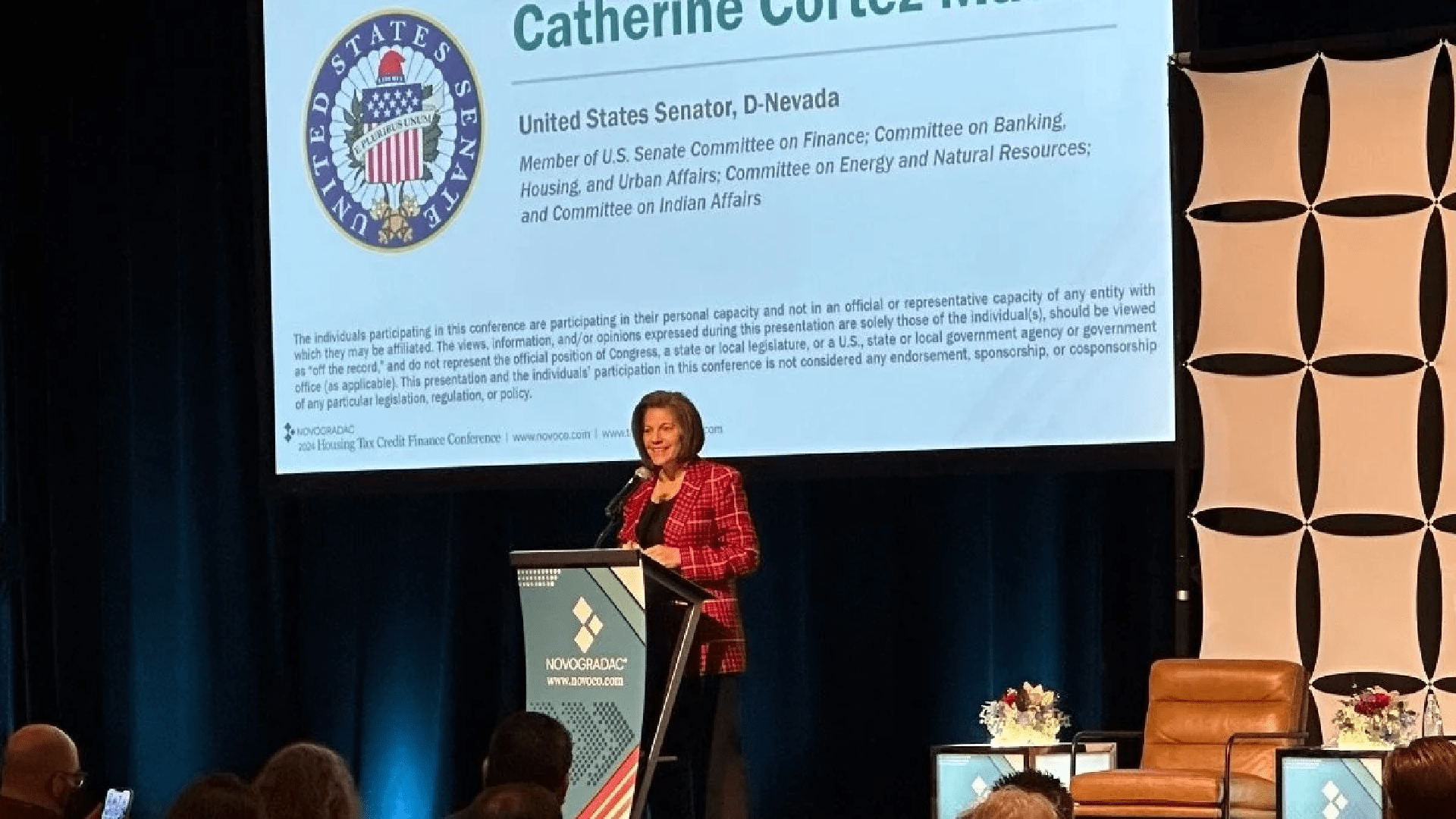American Gaming Association President Tells The Public Responsible ‘Gambling Isn’t Bad’

Responsible sports betting is a good aspect of the fan experience, according to Bill Miller, president and CEO of the American Gaming Association (AGA). But it's important to keep gambling social, enjoyable, and under control.
The AGA's Responsible Gaming Education Month is in September. The NFL regular season, the most-bet sport in the US, begins at the same time.
Legal sportsbooks are expected to take in $30 billion in NFL wagers this season, up 8.5% from the previous year, according to the AGA. Miller wants fans to interact sensibly.
"Gambling isn’t bad if it’s done responsibly. It’s so important to have a game plan before you place a bet. Just like your favorite quarterback wouldn’t head into a big game without a strategy, betting works best when you set your plan and stick to it,” Miller wrote in an op-ed published by USA Today.
“Our industry continues to expand responsible gaming efforts with Play Smart from the Start, a new program designed to help fans make informed choices. It encourages bettors to begin with the right mindset, understand the odds and terminology, and play intentionally by setting limits,” Miller said of the industry’s commitments to responsible play.
The reigning champion Eagles will meet the Dallas Cowboys tomorrow night in Philadelphia to kick off the NFL season. Following the Cowboys' transfer of Micah Parsons to Green Bay, the Birds' 8.5-point lead grew.
Emphasis on Sustainability
According to Miller and the AGA, encouraging responsible gaming benefits the industry as a whole as well as bettors. Miller notes that the objective is to make sure that betting stays enjoyable and responsible even as legal sports betting keeps growing and the amount of money that oddsmakers win keeps rising.
Miller claims that because the underground market is unregulated and aims to "exploit" the public, it presents risks to bettors.
“They mislead fans, pose integrity risks, ignore safeguards, and siphon money from local communities,” Miller opined.
Although illegal bookmaking operations have been reduced by regulated sports betting, the business still exists. According to the AGA, illicit sportsbooks continue to hold a 24% market share in the US sports betting market.
Problem Gambling
According to a report earlier this week by Casino.org, the mainstreaming of sports betting is being blamed by academic experts as a major contributing factor in the surge in problem gambling, according to data from UC San Diego's Qualcomm Institute.
"When the Supreme Court legalized sportsbooks — a venue where people can wager on various sports competitions — public health experts paid little attention,” said the study’s senior author John W. Ayers, Ph.D., who is vice chief of innovation in the Division of Infectious Disease and Global Public Health, deputy director of informatics at UC San Diego Altman Clinical and Translational Research Institute (ACTRI), and a Qualcomm Institute scientist. “Now, sportsbooks have expanded from a single state to 38 states, with hundreds of billions of wagers, mostly online, coinciding with record-breaking demand for help with gambling addiction as millions seek help.”
According to the data, between 2018 and the previous year, calls and inquiries to problem gambling helplines and treatment facilities increased by 23% nationwide.





